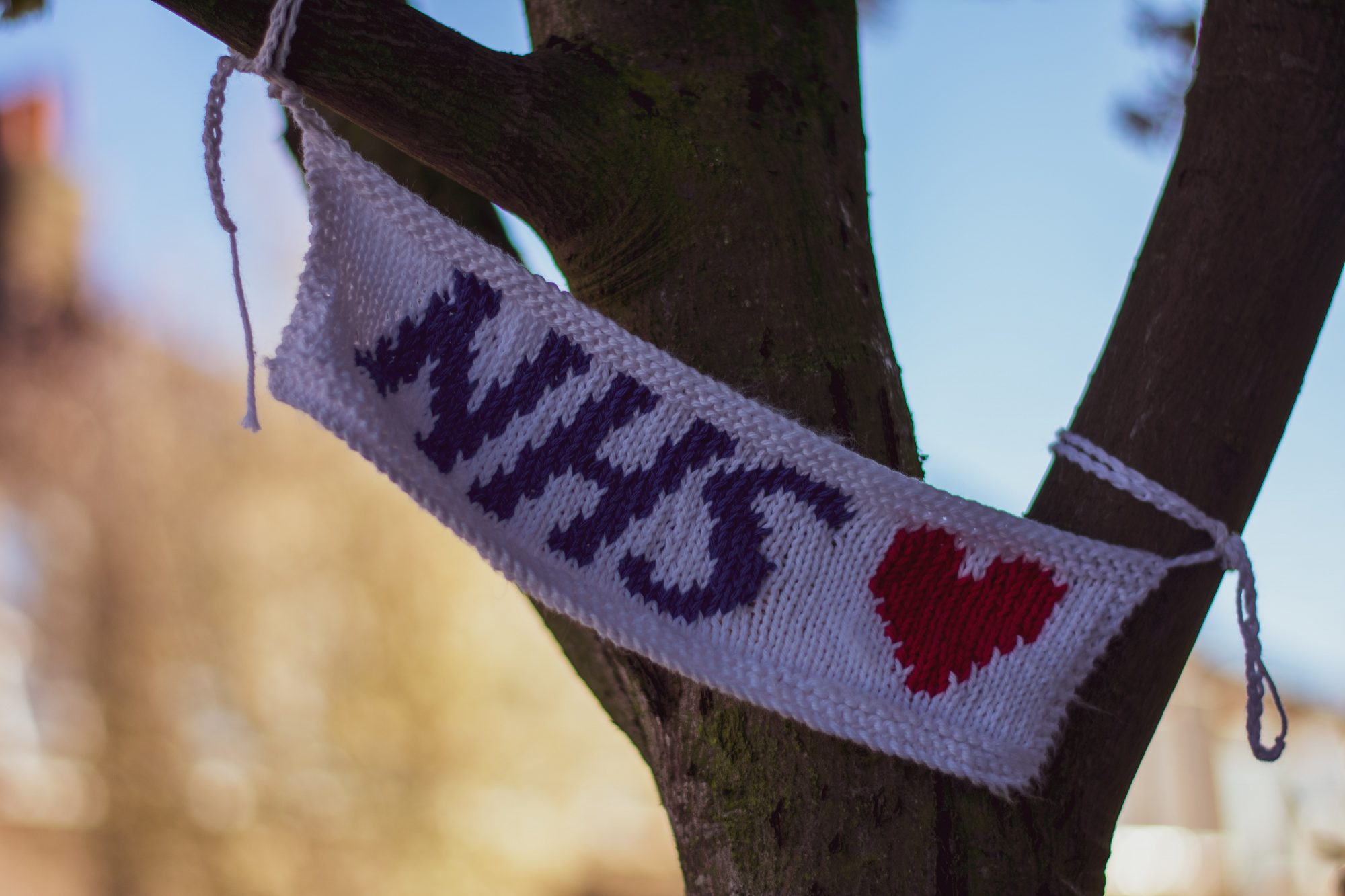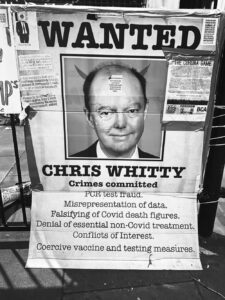Credits: Tugce Gungormezler / Unsplash
It has been no secret that Britain’s fight against COVID-19 has been nothing short of catastrophic. At the time of writing, Britain’s total death toll has exceeded 100,000. It is also currently listed as the most infected country in the world per capita.
As Britain has commenced its third national lockdown, take a look at the most pivotal moments in fighting the virus — and how they changed the course of the pandemic for good.
The British Government Endorses Herd Immunity
“One of the theories is that perhaps you could take it on the chin….and allow the disease as it were to move through the population.” These were the words of Boris Johnson on This Morning on the 5 March 2020, where he communicated the idea of herd immunity to Philip Schofield and Holly Willoughby. “We need to strike a balance,” Johnson continued. “We have a fantastic NHS, and we’ll give it all the resources we need.”
Patrick Vallance, during a COVID-19 press briefing in March, followed in the prime minister’s footsteps. To avoid a second peak in the winter, Vallance argued the UK would do what it took to suppress the virus, but would “not get rid of it completely.” The outcome, he said, would be that younger people would get a milder form of the illness, but because most would recover, this would lead to subsequent immunity — reducing transmission in the winter.
The idea of herd immunity had been communicated during the first few months of the virus being known to Britain, but once the idea received furious criticism, British officials denied that herd immunity had ever been part of the plan. Evidence had later showed that a herd immunity scenario would have led to high rates of hospitalisation and the need for critical care, stunning the NHS past its breaking point. Simulations from Imperial College London revealed how badly hospitals would be overwhelmed, and later evidence showed that COVID-19 antibodies faded within months. Herd immunity, in other words, had been rendered too risky a strategy, and was subsequently abandoned by the British government.
Boris Johnson Locks Down Britain Forty Days Later Than Recommended
Britain was once of the latest countries to go into lockdown when the virus first hit the nation. Johnson, according to data, locked down 40 days after experts first recommended the measure.
Subsequent modelling from Professor Neil Ferguson showed that, had Britain entered a lockdown a week earlier, the number of COVID-19 deaths could have been halved. Such comments were echoed by SAGE member John Edmunds, who later said “I think it would have been very hard to pull the trigger at that point but I wish I had. I wish we had gone into lockdown earlier. I think that has cost a lot of lives unfortunately.”
One of the reasons given by the government for not introducing the lockdown early enough was the concern of behavioural fatigue. But further investigations into the concept found the evidence for such behaviour was on shakey ground. According to a fact check report published in the British Medical Journal, both Susan Michie and Robert West — professors of health psychology — said that the term “behavioural fatigue” was an “ill-defined new term, one that had no basis in behavioural science.” They later added that “We are not convinced that enough is known about ‘behavioural fatigue’ or to what extent these insights apply to the current exceptional circumstances. Such evidence is necessary if we are to base a high-risk public health strategy on it.”
Keir Starmer later criticised the government’s pace of action days after, saying government ministers were “too slow to act”.
Eat Out to Help Out
Rishi Sunak’s Eat Out To Help Out scheme was a foreseeably bad policy decision. The initiative itself cost £500 million to the taxpayer and contributed to a significant rise in a new wave of infections in August and early September. In the end, a report by the University of Warwick found that between 8-17% of newly detected COVID-19 clusters could be attributed to the scheme.
The economic benefits, meanwhile, were short lived.
According to Dr Fetzer, the conclusion was simple: “This strongly suggests that the link between ‘Eat Out To Help Out’ and the new COVID-19 infections is causal: when people were not dining out as part of the scheme, there were fewer newer cases of the virus.”
The report concluded that alternative policy measures—such as extending the furlough scheme, increasing statutory sick pay and expanding free school meals would have been more cost effective than demand-stimulating measures that encouraged COVID-19 to spread.
The Failure of Britain’s Tracing System
Perhaps the biggest scandal and misuse of public funds was the failure of Britain’s tracing system. Once described as “world-beating” and Britain’s “way out” of the pandemic, the scheme largely failed to operate as envisioned. Billions of taxpayers’ money was spent with little in return: delays occurred at every stage of the tracing process, outbreaks of coronavirus at tracing centres led to the hampering of tracing and the time for COVID-19 results were typically longer than 24 hours, at 2 to 3 days.
Despite the tens of billions of pounds spent on the scheme, England’s test and trace repeatedly failed to hit its own goals. The National Audit Office (NAO) found that the centralised programme was contacting two out of every three people who have been close to someone who has tested positive, with about 40% of test results delivered within 24 hours, well below the government’s targets.
Confusion Over Christmas Restrictions And Mixing
17,000 people have died with COVID-19 since Boris Johnson told MPs there was no need for an “endless lockdown” or restricting Christmas gatherings on December 16. Johnson first said it would be “inhuman” to take any actions during Christmas to prevent COVID-19 spreading, but then later accepted U-turns would be needed.
The last minute U-turn on Christmas mixing in London contributed to the current swathes of deaths being reported in January 2021, with — at the time of writing — 1,564 deaths in a single day: the highest ever recorded since the start of the pandemic. At the time the U-turn was taken, many individuals had already mixed households ready for the festive season. Those that did not later attempted to escape London as quickly as possible; videos surfaced of busy trains and crowds at Kings Cross trying to get out of the capital.
“We’re heading towards a disaster” one scientist said, as NHS leaders raised alarms about a third wave of infections. The handling of Christmas by the government was simply a culmination of a year of chaotic decisions.


